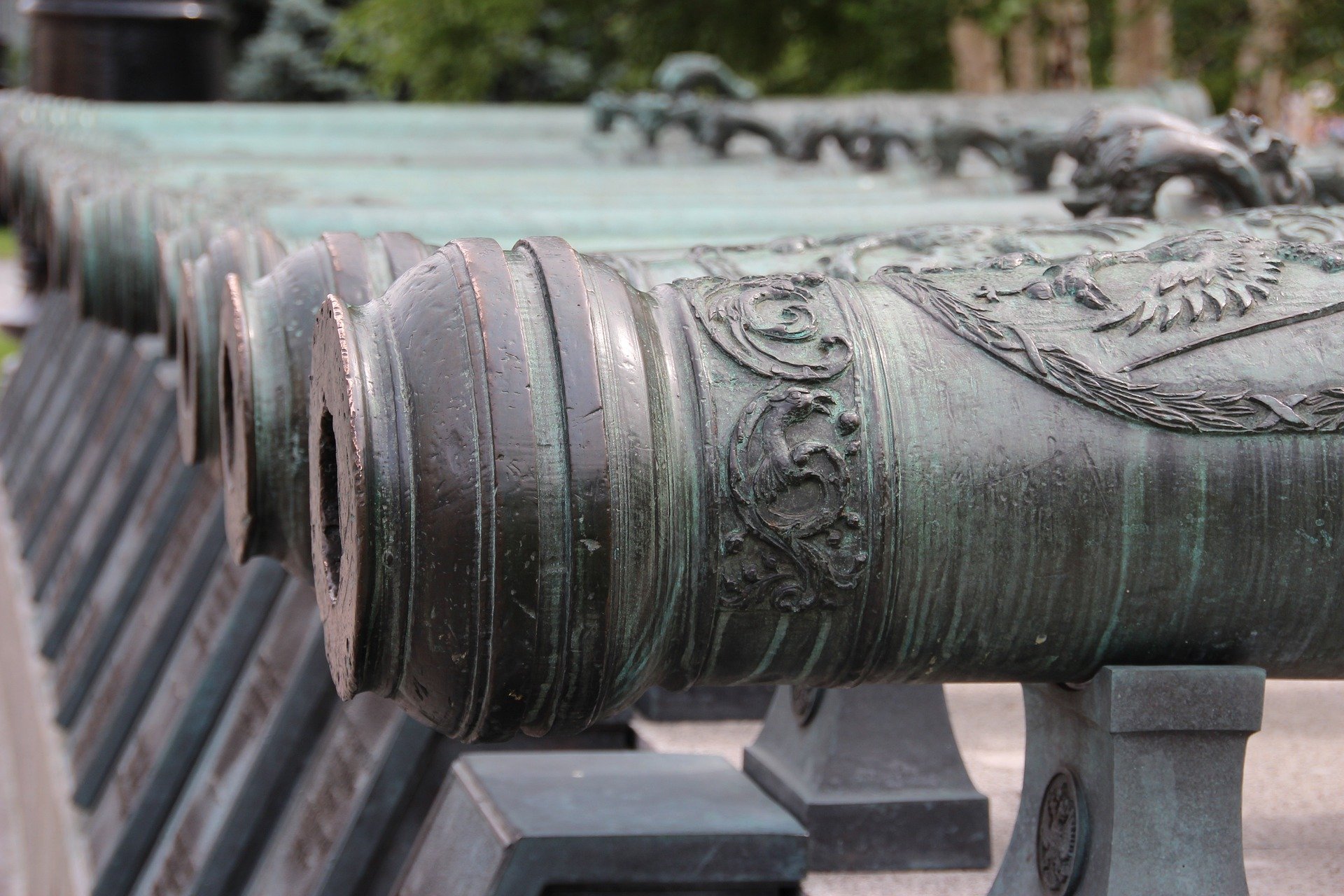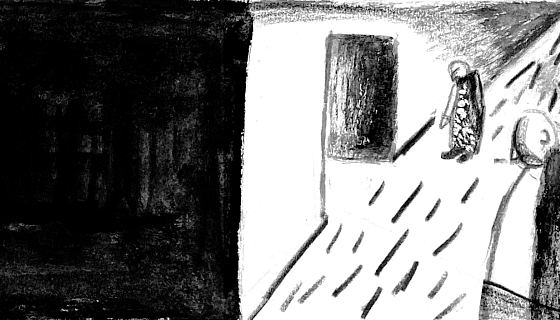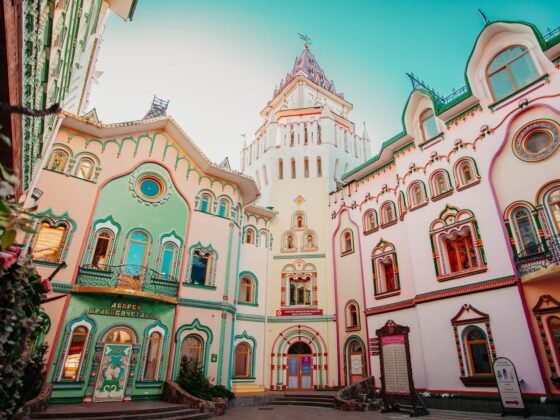The share of pro-war and anti-war Russians has quickly become one of the main bones of contention in the Russian war against Ukraine. Around the world, politicians, journalists, experts, professors, and Russian emigrants have clashed when discussing the level of Russian support for the war. Various persistent arguments and analyses continue, often emotionally. Inside Russia, war-related propaganda and social-political pressures have rendered polling and surveys of the people dubious. Although it is a challenge to assess the factual level of the peoples’ support/non-support for the war and/or for President Vladimir Putin himself, various trends, meanings, and consequences of the predominant claims can be discerned. In Russia, the debate has reflected longstanding divisions and political subjectivity, with some finding refuge in the status quo, expecting victory, security, and reforms from above. Others anticipate peace, new political voices, and a democratic future. Externally, several rudimentary camps have also emerged; some see in any small public sentiment shift a moment of potential reform and possible regime change, while others do not believe change is possible.
Debates and Polls
Days after Putin’s invasion of Ukraine, various leading Russian pollsters published studies showing high support for his “special military operation.” On February 28, VTsIOM announced that 68 percent of Russians supported the decision to start the operation, a number that increased to 74 percent by March 23. FOM registered a rise in support for Putin and the Russian government. The independent Levada Center demonstrated an abrupt rise in support for the president and the government over the first month of the war. Even with the problems and inconsistencies of the early polls, the government and others began to use them as a kind of political weapon. Many figures were promoted by the Kremlin, experts in the West, and Russian emigres to share the idea that the war against Ukraine was not just Putin’s but Russia’s—because polls showed “high support” among the population.
On the contrary, the mood in Russia in the first weeks of the campaign was very far from enthusiastic. Whereas the majority of Russians felt eagerness in March 2014 for the annexation of Crimea, the dominant mood was anxiety in March of this year (as a FOM poll showed). In the beginning, support for the war was absent: there was visible fear of the authorities and zero inclination to join the army. There was no rallying-round-the-flag or “Z” signs (which have predominately been placed on government buildings and vehicles). Adding to the trepidation, new repressive laws were introduced by the parliament at the start of the operation that could send a person to jail for a long time just for criticizing the war.
A closer look at the essence of “war support” reveals some shades of gray. To begin with, according to analysis by Maxim Alyukov at King’s Russia Institute at King’s College London, in autocracies, citizens are often afraid of answering survey and poll questions, particularly about politics (“citizens lie about their real preferences”). And, if we count loyalty to Putin as war support, then indeed, the level is high because the president has constantly had positive approval ratings. According to Levada, Putin’s approval rating was between 61 and 71 percent in 2021. This year, according to Statistica, Putin’s approval rating was about 71 percent in February, went to 83 percent over the summer, and to 79 percent in October. We can, therefore, also say that many of these Russians supporting the war would also support a ceasefire if Putin initiates it.
If we look at only “support the war,” the numbers are significantly lower. Russian sociologist Philip Chapkovsky ran a study that attempted to shield respondents from any fear of responding to a question and found that 53 percent of Russians “support” the war. Polls by the Chronicles research project organized by Aleksey Minyailo show that as few as 3 percent of Russians “want” war. As Putin is forcing Russian men to share responsibility for the war with him (via mobilization) the distrust of the regime will only increase, says Andrei Kolesnikov, a senior fellow at the Carnegie Endowment for International Peace, who works with Denis Volkov, director of the Levada Center, on tracking Russian public opinion. He finds that about one-third of Russians are “wavering, hesitant, passive conformists.” Moreover, all of the various numbers show a clear age gradient, claims Graeme Robertson, director of the Center for Slavic, Eurasian and East European Studies at the University of North Carolina at Chapel Hill. He says:
“Younger people are much more likely to oppose the war. Older people are much more likely to support it. This is, in part, a result of younger people being more affected by the war. It’s also a result of the fact that younger people have a much broader information diet. I saw a really interesting poll the other day that showed that one of the best predictors of being opposed to the war was being able to define what a VPN was.”
Although the majority of Russians continually support Putin and the war, nuances exist, and differing terms and data are expended to bolster opinions and political outcomes about Russia’s intentions and directions. In the West, high ratings of Putin and the war have been used as policy arguments for tougher sanctions on all Russians due to their “collective responsibility,” such as an EU visa ban on every bearer of a Russian passport.
Familiar Dividing Lines
With scarce information and governmental explanatory schemes, various Russian individuals and groups took solid positions about the invasion in the earliest days. A clash was primed between the opposition and liberal intelligentsia and the Kremlin—an ancient quarrel between those who support a Russian society that is educated, enlightened, and accountable against those who favor ignorance, authoritarianism, and imperialism. But there is also another old division, that between elitist liberals who do not trust “ordinary people” on the one hand, and democratic activists who try to fill the gap between intellectuals and the rest, on the other. At the end of the first Russian Revolution in 1907, Mikhail Gershenzon, in the famous 1909 collection “Vekhi,” urged the intelligentsia to fear the people because they could become violent against intellectuals. A century later, an influential part of the Russian intelligentsia still shares those same fears and mistrust of the people, suspecting them to be staunchly pro-Putin, anti-progress, and pro-war.
There was a time after the collapse of the USSR when many journalists, experts, and politicians claimed that democracy in Russia would only bring nationalists to power, and thus they hoped for a liberal dictatorship. In a similar vein, many Russian intellectuals did not like the Immortal Regiment marches or other such patriotic actions just because they considered all popular movements suspicious. They rationalized their feelings by calling the marches pro-Putin, pro-military, and anti-Western, which they were not; its spirit was to honor lost relatives.
For some commentators, groups of Russians still exist as special anthropological types within Yuri Levada’s concept of “Homo Soveticus” with their Soviet perplexities and burdens. On February 24, 2022, some Russians supported the attack on Ukraine, some stayed silent, and some left the country. Social media networks became full of moral indignations about nation, country, and betrayal. Russians criticized Russians, with oppositionists and exiles calling for separating “good” Russians from “bad” Russians and placing a travel ban on the latter. Certainly, many in Russia do not believe they are on the “bad” side, as some stay for family, employment, established life, and general satisfaction with country, while others extend their “popular” support for Putin to “his” war, offering trust before rationality and accepting worldviews from above. Critics of “bad” Russians ascribe moral impurity to compatriots who support the war or do not protest it.
Opposite to many of these are those who would like a voice in the decisionmaking. They understand that “anti-Ukrainian” messaging in state propaganda works on the masses. Different Russians, from democrats to intellectuals, have been busy trying to prove to their compatriots and the world that the war is unjustified and that various poll results, particularly of public support for the war, should be interpreted carefully. It is Putin’s war, they say, not Russia’s, and the Russian people have been victims of the ruling regime. Many of these people also had fixed viewpoints before information became available, vowing to fight their discursive battles despite any circumstances. Russian political scientist and popular commentator Ekaterina Shulman called some of these segments who stay in Russia “optimists” in their hopes for a better Russia and domestic democracy. Leading “optimists” such as Alexei Navalny and Ilya Yashin once built wide coalitions as they worked for legal, political wins, until each was arrested. This is the path for those with sharp disagreements with the Putin regime, even if in August, less than half of Russians “definitely supported” the operation and only 30 percent “mostly supported” it. (Among the implications is that at least a quarter of respondents/Russians are brave enough not to support the war when talking to pollsters.)
Russia watchers in the West are also divided into uneven groups along similar criteria, with many trying to spot cracks between the regime and its supporters. Some have highlighted the West’s partial responsibility for the conflict—that leaders in Europe and the United States did not put sufficient effort into working with Moscow over decades. Washington think tanks have had discussions about whether Russia is politically reformable or fundamentally unchangeable and prone to reproducing authoritarian power systems. Already at the end of the 19th century, U.S. debates on Russia featured a split between conservatives and others that judged Russia as an immutable country where an authoritarian government lived in harmony with a population that loved paternalism, on the one hand, and liberals and others who are friends of Russian freedom-fighters fighting an oppressive regime, on the other.
Other groups in the West are “Russophiles” who choose adoration of Russian music, literature, and culture over debates and actions on Russian politics.[1] We can recall the “Riga” and “Yalta” viewpoints of a century ago, with the former being a “listening post” that saw Russia as permanently hostile and aggressive, while the latter, linked to Franklin D. Roosevelt, saw Russia as a country with problems but capable of changing and improving under domestic and international pressure. The war in Ukraine has given additional tenets to those with “pessimistic” and “optimist” positions both at home and abroad.
Conclusion
A repressive state and different polling terminologies make it hard to discover the true views of the Russian people, even if Levada reports that more than half of Russians felt “anxiety, fear, or dread” after Putin’s September 21 mobilization announcement. But Putin has had a lock on the social and political determinations of the Russian people for a long time. Very early in his first presidential term, Putin began to take control of large media outlets, particularly television channels with the largest audiences. Today, Russian media are fully in the hands of the Kremlin, which has developed soft and hard tools to silence journalists and citizens alike. But if it is the case that “Putin rarely consults with anyone, and, even if he does, it is done in a totally opaque way,” as Maria Lipman says, then he owns this war, the old splits, and new pressures. It goes to follow that punishment on all Russians for their “collective responsibility,” such as a European visa ban, should be negated because activists, academics, and journalists who disagree with the regime may be silent in Russia or planning to leave.
The battle over interpretations of the Russian people’s attitudes toward Putin and the war reveals, first and foremost, the Kremlin’s hegemony over messaging and propaganda. Pro-Putinists, anti-Putinists, and large parts of Western societies share the idea that Russians are, for the most part, “Putinists.” However, looking deeper, we find Byzantine connections, streaks of uncertainty, and tentative disconnections, potentially moving people out of Putin’s base. We must also recognize the idea that Russians supporting Putin is itself a propaganda construct, with its protracted mix of facts and distortions; thus, the construction of a convincing framework of Russians not supporting the war has a good chance of contradicting that hegemonic narrative.
[1] David Foglesong and Victoria Zhuravleva, “Konstruirovanie obraza Rossii v amerikanskoy politicheskoy karikature XX veka [The Construction of the Image of Russia in American Political Cartoons of the 20th Century],” in Mify I Realii Amerikanskoi Istorii v Periodike XVIII-XX vv., Moscow, 2008, pp. 189-262.
Ivan Kurilla is Professor of History and International Relations at the European University at St. Petersburg (EUSP).











